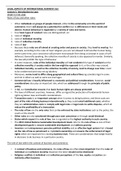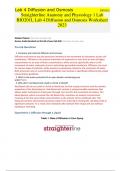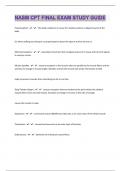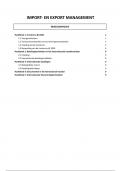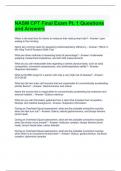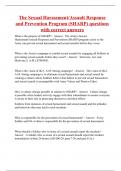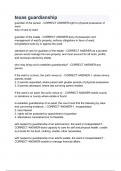Class notes
Lecture notes for Legal Aspects of International Business 312
- Course
- Institution
In depth lecture notes compiling lectures and the resources provided for the module. Examples and illustrations are provided for further understanding. I used these notes only to study and to complete assignments and passed the module cum laude.
[Show more]
